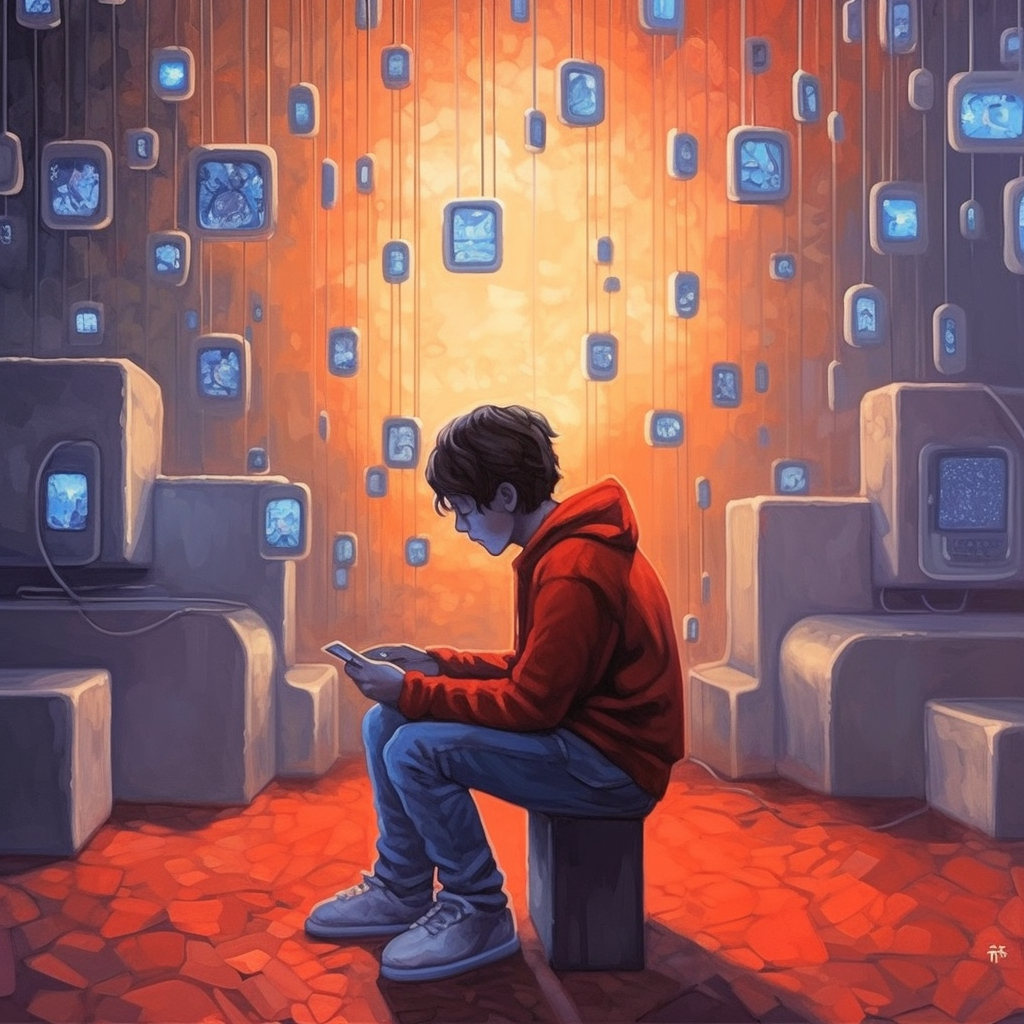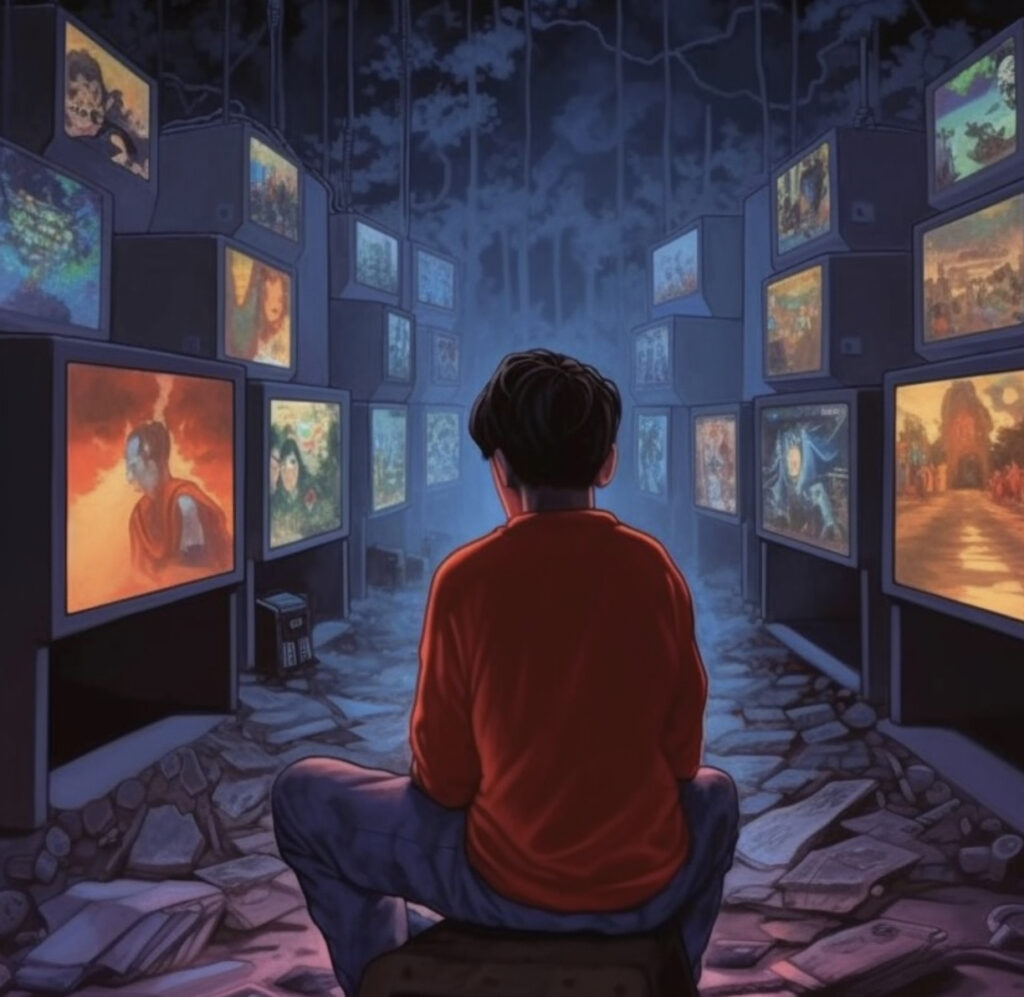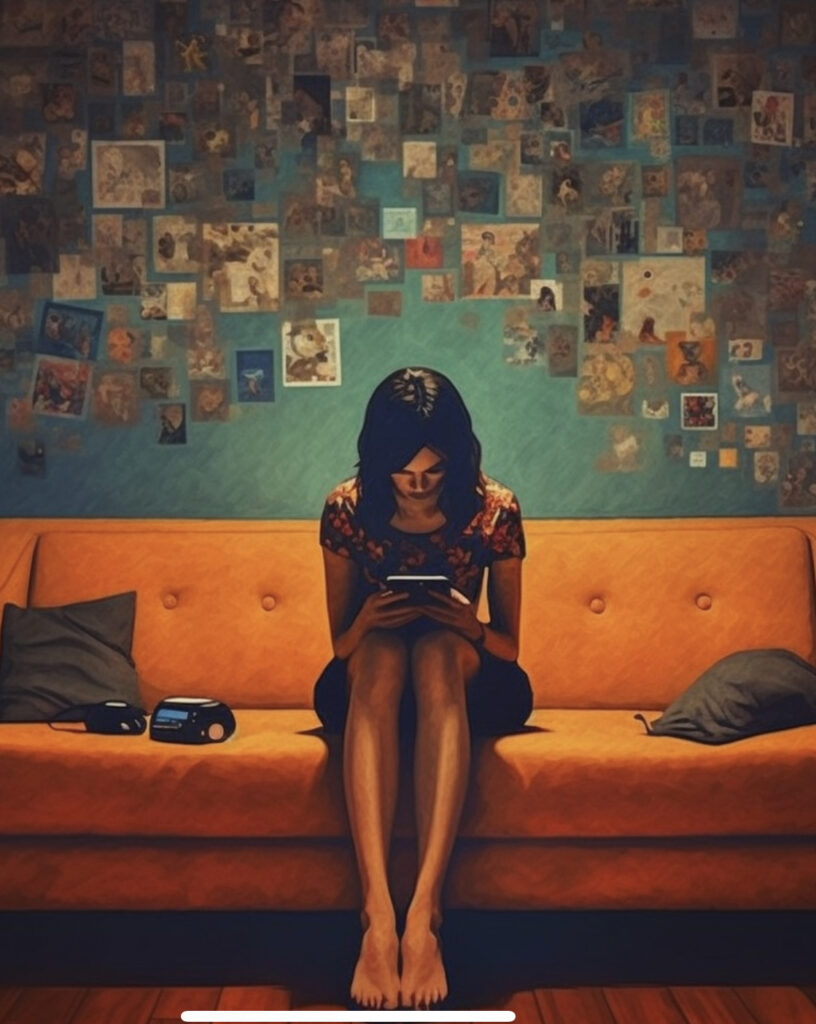In a recent address, Brian Chesky, the pioneering CEO of Airbnb, laid bare an unsettling reality lurking beneath the surface of modern society. He argued that loneliness, a condition often overlooked in our digitally-connected era, has become the number one killer in America. Chesky’s alarming revelation draws parallels between chronic loneliness and the equivalent health risks of smoking a pack of cigarettes a day. He further suggested that the social isolation experienced by an increasing number of people is shaving an average of 15 years off their lifespan.
Loneliness: The Silent Killer
Chesky’s claims are not without merit. Studies such as one published in “Perspectives on Psychological Science” have shown that social isolation and loneliness significantly increase the risk of mortality. It’s a health risk on par with obesity, smoking, and physical inactivity. This loneliness epidemic is not confined to any one demographic. Chesky highlighted that two out of three teenagers and one out of three adults are chronically lonely, leading to feelings of hopelessness and depression.
Perhaps most shocking is the fact that one out of five teenagers in the past year has contemplated suicide. This statistic correlates strongly with findings from the Centers for Disease Control and Prevention, which reported that suicide rates among teens and young adults have escalated dramatically in recent years.
The Role of Modern Life
Modern life, Chesky asserts, is a primary contributor to our collective loneliness. It’s an idea echoed by British journalist Johann Hari in his book, “Lost Connections: Uncovering the Real Causes of Depression – and the Unexpected Solutions”. Hari suggests that the rampant loneliness in our society can be traced back to the loss of community and the commodification of human relationships.
The advent of digital technology has fundamentally altered the dynamics of human interaction. We were born to connect, to interact physically, but now, we’ve become more of an audience than a participant in life. Social media platforms, hailed as tools of connectivity, often foster a sense of isolation. While they provide an illusion of connectedness, they rarely fulfill our intrinsic need for genuine human interaction.
The Disappearing Social Spaces
Chesky pointed out that traditional social spaces are diminishing. Fewer people now have families; religious participation is dwindling; and shared recreational spaces like bowling alleys and theaters are becoming less frequented. The decline of these social structures is well-documented, notably in Robert D. Putnam’s “Bowling Alone: The Collapse and Revival of American Community”.
Contemporary conveniences further exacerbate the problem. The office has turned into Zoom, the mall into Amazon, the theater into Netflix, and grocery shopping into services like SendtoCart. While these platforms offer undeniable convenience, they also remove the need for face-to-face interactions, the very essence of our social fabric.
Understanding and Addressing the Issue
The statistics Chesky presents paint a grim picture of our society. However, understanding the magnitude of this problem is the first step towards addressing it. In a world increasingly dominated by digital interfaces, we must strive to maintain the human connection that is fundamental to our well-being.
In his book “Together: The Healing Power of Human Connection in a Sometimes Lonely World”, former Surgeon General of the United States Dr. Vivek H. Murthy, emphasizes the need to prioritize and nurture our relationships. We need to create and foster social spaces that offer genuine human interaction, whether online or offline.
As we move further into the digital age, the challenge is clear. We must find a way to use technology to foster genuine human connection rather than replace it. Chesky’s insights serve as a clarion call for us all to address the loneliness epidemic, pushing us to build a future where technology serves to unite us in meaningful ways, rather than drive us further apart.
Building a More Connected Future
We must heed Chesky’s call to action and combat the loneliness epidemic with the same urgency and dedication we would apply to other health crises. The battle against loneliness begins with acknowledging its prevalence and impact on our mental and physical well-being. Recognition, however, is only the first step. It must be followed by a concerted effort to reinvent our social structures and redefine ourrelationships with technology.
This challenge requires collaboration across sectors and disciplines. Tech companies must prioritize the creation and maintenance of digital spaces that foster meaningful interaction over passive consumption. Policymakers need to support initiatives that promote community engagement and invest in mental health resources. Educational institutions should foster an environment where students can form real connections and seek help when needed.
Individuals, too, have a role to play in curbing this epidemic. Simple actions like checking in on a friend, reaching out to a neighbor, or engaging in community activities can make a significant difference. For those feeling chronically lonely, seeking professional help can be a crucial step towards recovery.
Moreover, we must rethink our societal values. In a culture that often prioritizes individual achievement over communal well-being, it is important to remember that our health and happiness are inextricably linked to our relationships with others.
Conclusion
Brian Chesky’s remarks on the loneliness epidemic present a stark reminder of the challenges we face in an increasingly digitized world. However, they also provide us with an opportunity to create a more connected, compassionate, and inclusive society. It is a challenge that we must embrace collectively, drawing on our shared humanity and innovative spirit to forge a future where technology serves as a bridge, rather than a barrier, to genuine human connection.
The loneliness epidemic, much like the platforms that Chesky’s Airbnb and others have developed, is a product of our time. But, it’s also an opportunity – a chance to leverage the same creativity and innovation that birthed these platforms to foster connectivity, community, and shared experiences. To borrow Chesky’s own words: “We’re all in this together.” As such, we all have a part to play in solving this crisis and building a more connected world.




